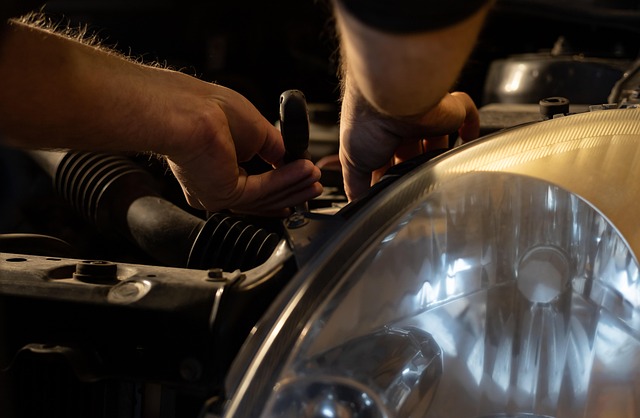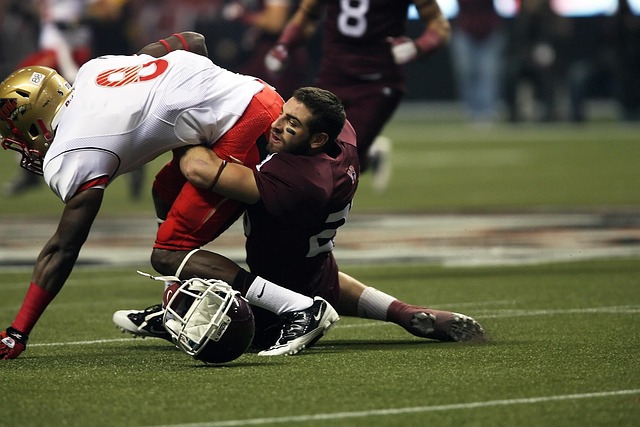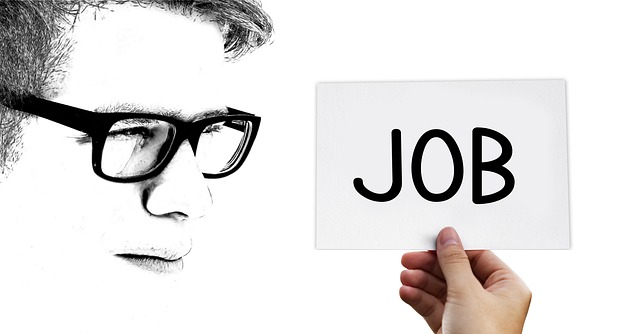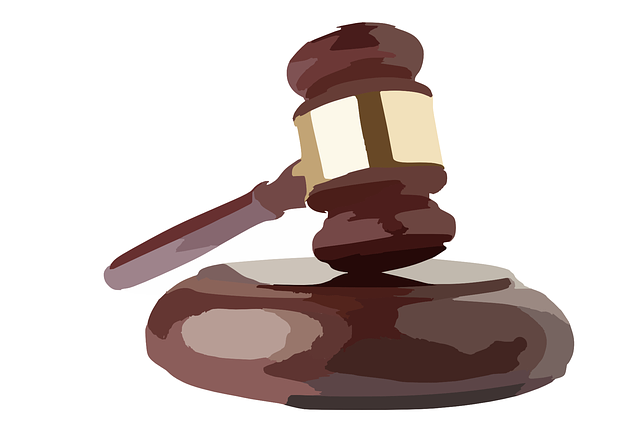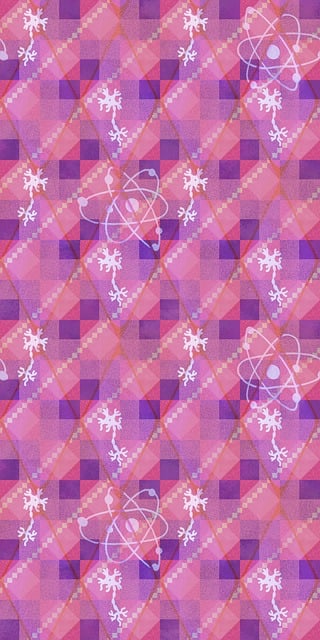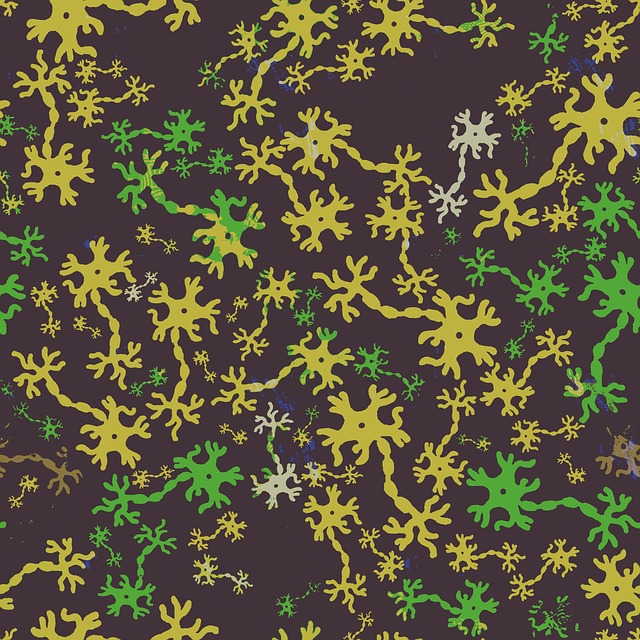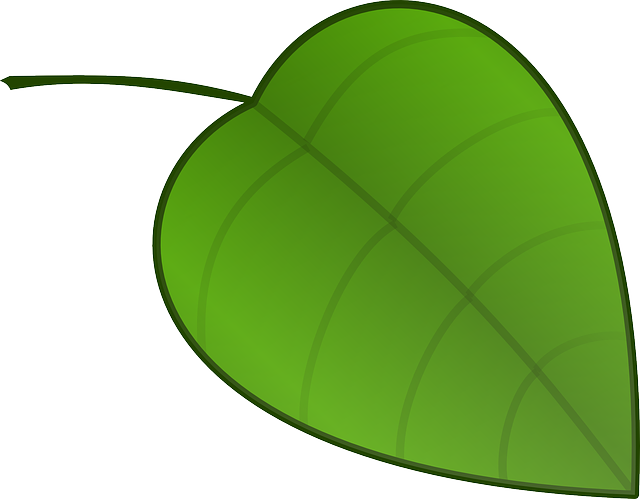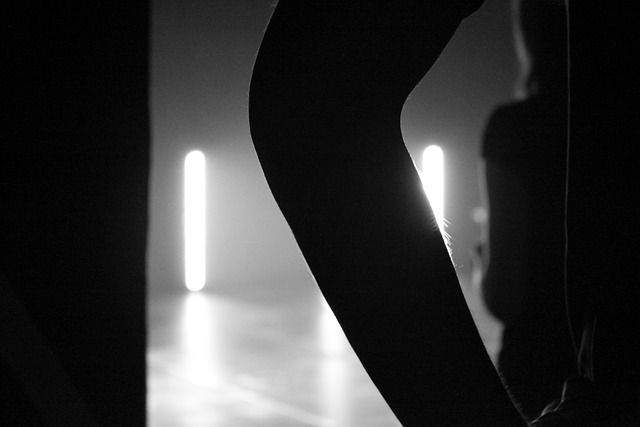After a car accident, pinched or compressed nerves are common but often overlooked injuries, causing pain, numbness, and tingling. Chiropractors, specialists in musculoskeletal disorders, diagnose these issues through spinal adjustments and joint manipulation to relieve pressure on affected nerves, promote healing, and restore function. Early intervention with a chiropractor significantly improves outcomes and prevents long-term complications associated with pinched nerves post-crash. They tailor treatment plans to specific nerve damage locations and severities, using non-invasive methods like manual adjustments, exercises, and lifestyle modifications for effective pain management and faster recovery.
After an accident, identifying pinched nerve symptoms is crucial. This article guides you through understanding pinched nerves post-crash and recognizing their common symptoms. We explore effective treatment options available with a chiropractor, focusing on how they can alleviate discomfort and enhance your recovery process. If you’re seeking the best treatment for pinched nerves after a crash with a chiropractor, this is the resource for you.
- Understanding Pinched Nerves After a Crash
- Recognizing Common Symptoms
- Treatment Options with a Chiropractor
Understanding Pinched Nerves After a Crash
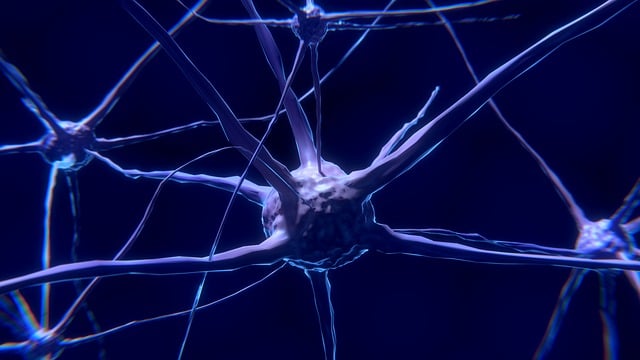
After a car accident, it’s common to experience various symptoms, and one often overlooked yet significant issue is a pinched nerve. A pinch nerve, or compressed nerve, can occur when an external force, like the impact of a collision, compresses or irritates a nerve root or spinal cord. This can lead to pain, numbness, or tingling sensations that may radiate to different parts of the body depending on where the nerve is affected.
Seeking treatment for pinched nerves after a crash with a chiropractor is a popular approach. Chiropractors are experts in diagnosing and treating musculoskeletal disorders, including issues related to the nervous system. They employ various techniques such as spinal adjustments, joint manipulation, and therapeutic exercises to alleviate pressure on the affected nerve, promote healing, and restore nerve function. Early intervention can significantly improve outcomes and help prevent long-term complications associated with pinched nerves.
Recognizing Common Symptoms

Recognizing common symptoms of a pinched nerve after an accident is crucial for prompt treatment. Often, individuals may experience sharp pain, numbness, or tingling sensations in the affected area. This could radiate to nearby limbs or parts of the body, making everyday tasks uncomfortable or even impossible without relief. Other signs might include muscle weakness, cramping, or a burning feeling. These symptoms can vary depending on the location and severity of the pinched nerve, but seeking professional help from a chiropractor is essential for an accurate diagnosis and effective treatment plan, including potential adjustments and targeted therapies.
Chiropractors are trained to identify subtle changes in spinal alignment that might indicate a pinched nerve, even if these issues aren’t immediately apparent. They employ various non-invasive techniques to alleviate pressure on the affected nerves, aiming to restore function and reduce pain naturally. The treatment approach may include manual adjustments, specialized exercises, or recommendations for lifestyle modifications to prevent future injuries and promote faster healing.
Treatment Options with a Chiropractor
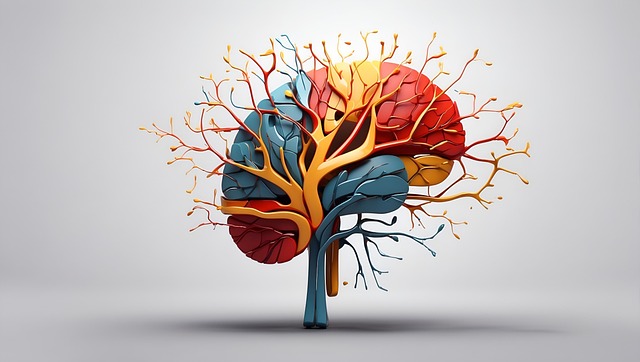
After an accident, seeking treatment from a chiropractor can be a crucial step in managing pinched nerve symptoms. Chiropractors are experts in diagnosing and treating musculoskeletal disorders, including those caused by traumatic events like car crashes. They employ various non-invasive techniques to alleviate pain and restore function. One common approach is spinal manipulation, where the chiropractor uses their skilled hands to adjust the affected joints, alleviating pressure on the pinched nerve. This gentle yet effective method has shown success in reducing inflammation and promoting healing.
Additionally, chiropractors may incorporate other treatment options tailored to individual needs. This could include targeted exercises to strengthen the surrounding muscles, supporting the spine and reducing strain on the injured area. They might also recommend specific stretches or suggest lifestyle adjustments to improve posture and prevent future injuries. The goal is not only to provide immediate relief but also to empower individuals with long-term strategies for managing their pinched nerve symptoms post-accident.
If you’ve experienced a post-accident injury and suspect a pinched nerve, seeking professional help from a chiropractor is a crucial step towards effective treatment. By understanding the symptoms and exploring treatment options like chiropractic care, you can navigate your recovery journey with confidence. Remember, early intervention and specialized care can significantly impact your overall well-being and return to daily activities after an accident. So, don’t delay; reach out to a qualified chiropractor for tailored relief from pinched nerve pain.
